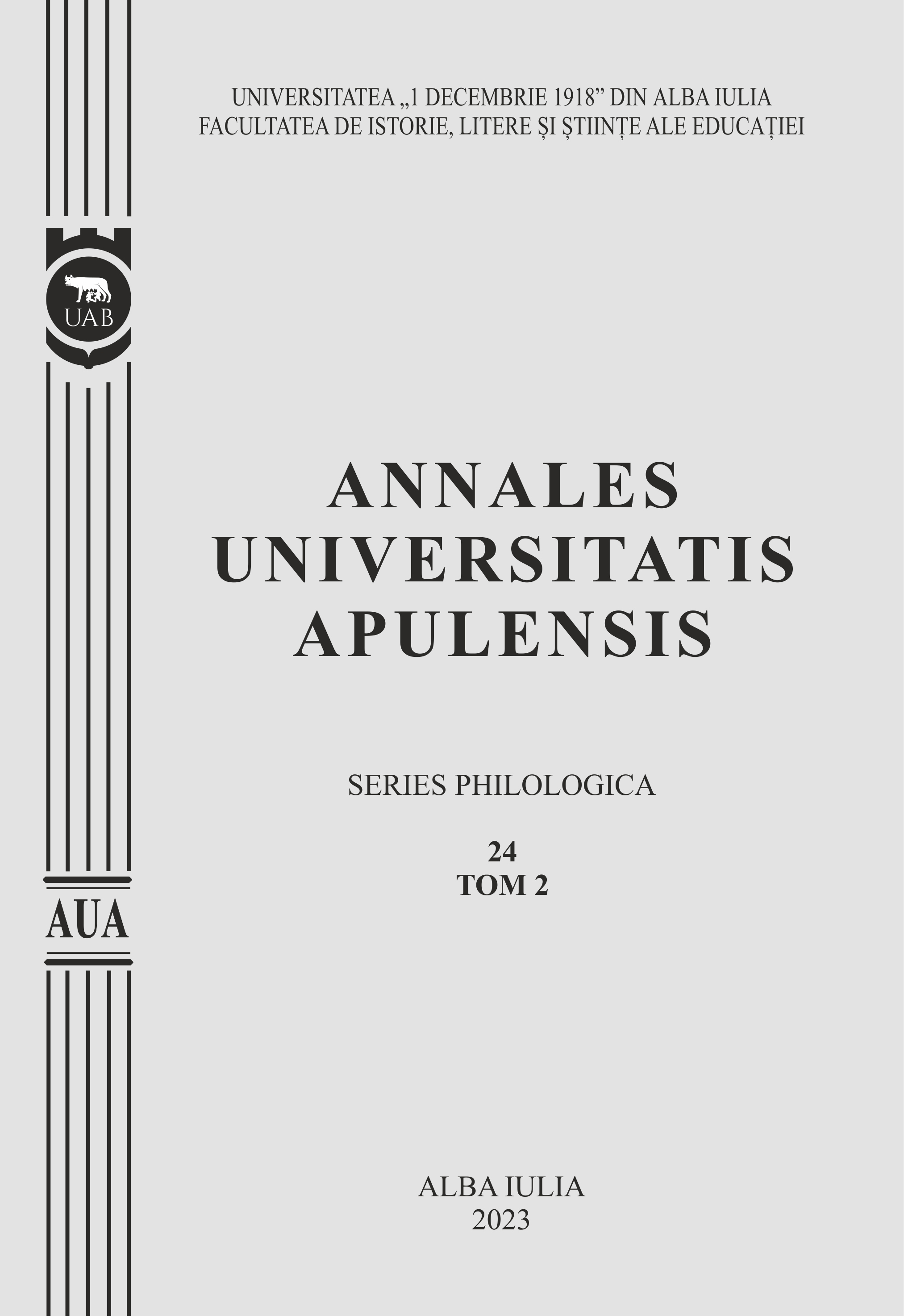PREMISE PENTRU UN NOU CONTRACT SOCIAL
PREMISES FOR A NEW SOCIAL CONTRACT
Author(s): Ioan ScheauSubject(s): Social Sciences, Education, Sociology, Globalization, Sociology of Education
Published by: Universitatea »1 Decembrie 1918« Alba Iulia
Keywords: social contract; nature; society; challenges; principles; interdependence; well-being; premises;
Summary/Abstract: This paper addresses a topical philosophical problem – the need for a new social contract, one for the XXI century – trying to present a series of premises for the imposition of this new social contract.The paper is structured in two parts: (1) A part that presents the concretization of the idea of the social contract in the work of modern philosophers, especially Hobbes and Rousseau. The two thinkers speak of the existence of two distinct states of humanity: a natural one, characterized by the "war of all against all", as Hobbes said, in which man felt insecure; a social one, artificially created by human reason by signing a pact or social contract, either between citizens or between citizens and the State. Although the two states of humanity appear in the work of both authors, each has a well-defined preference about the best state. On the one hand, Hobbes prefers the social state because it is the only one in which we can truly realize ourselves as humans, even if there is a risk that the State will become that monster that swallows individuals, Leviathan. On the other hand, Rousseau prefers the natural state because it is the only one in which we can speak of a complete freedom of man, in the other being "permanently in chains". (2) A part that presents the current challenges arising from the social contract: current technology, changing the role of women in society, the ageing of society, artificial intelligence and climate change. These challenges lead to a rethinking of the social contract that must concern all its important aspects: children, education, health, work, old age, future generations. According to M. Shafik's conception of the book "What we owe to each other" the social contract must be thought of as a "declaration of interdependence" of citizens, in the sense proposed by J. F. Kennedy and M. L. King in the last century. Such a social contract will take care of all citizens, in it being "less about the I and more about US". It must ensure everyone's well-being, not necessarily in the form of an increase in income, but as a better social life.In order to achieve this, it is necessary to reform the basic principles of the social contract, in the form of imperatives to be followed at the level of each society.
Journal: Annales Universitatis Apulensis. Series Philologica
- Issue Year: 24/2023
- Issue No: 2
- Page Range: 375-382
- Page Count: 9
- Language: Romanian

